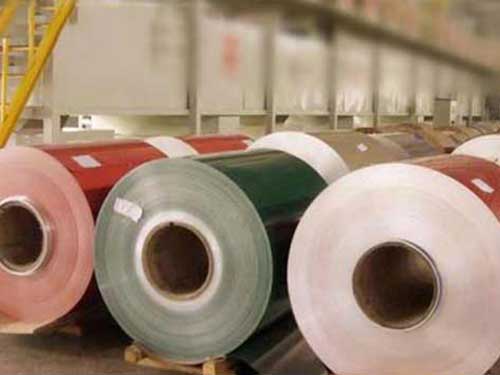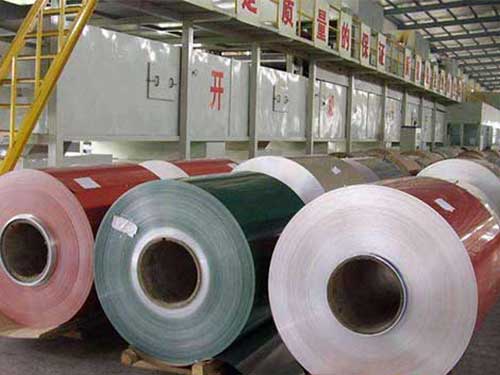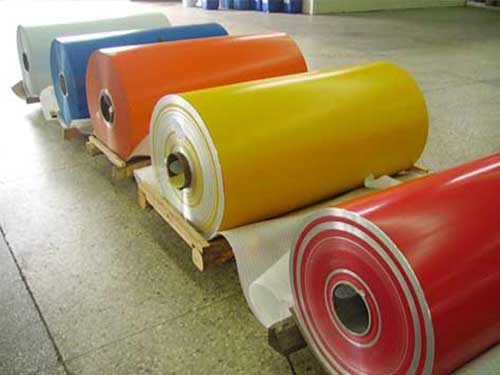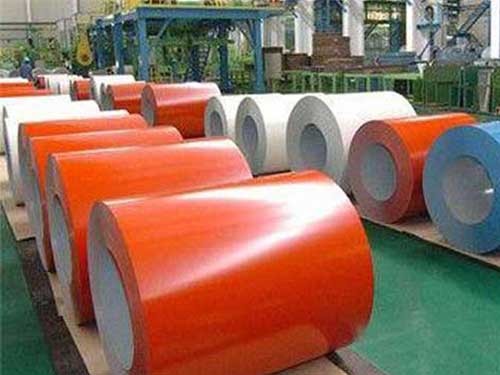2024-09-02 https://www.aluminum-coils.com/a/causes-of-common-defects-in-roll-coated-aluminium-coils.html
In today’s manufacturing landscape, roll coated aluminum coils are essential components in various industries, from construction to automotive and beyond. However, achieving the highest quality product can be difficult due to the occurrence of defects during the coating process. Understanding the root causes of these common defects can help manufacturers optimize production and enhance product quality.
1. Improper Application of Coating
One of the most prevalent causes of defects in roll coated aluminum coils is the improper application of the coating material. When the coating is applied unevenly, it can lead to issues such as foot-rolling or streaking.
To mitigate this, manufacturers should ensure that the coating application equipment is calibrated correctly and that operators are well-trained in the application techniques. A consistent speed and pressure during the roll coating process can significantly reduce application-related defects.
2. Environmental Factors
Environmental conditions during the coating process can significantly impact the quality of the finished product. Factors such as humidity, temperature, and airflow can affect the drying time and adhesion of the coating.
To prevent defects like bubbling or adhesion failures, it is essential to control the workspace environment. Maintaining proper atmospheric conditions will lead to more stable coating properties and enhance the durability of the final product.
3. Inadequate Surface Preparation
Before Coated Aluminum Coil rolls are coated, proper surface preparation is crucial. Any residues or contaminants on the aluminum surface can inhibit effective bonding and lead to defects such as blistering or peeling.
Prior to coating, ensure thorough cleaning and surface treatment of aluminum substrates. Using appropriate chemical cleaning agents and techniques will smooth the surface, leading to better adhesion of the coating.
4. Improper Drying Conditions
The drying process plays a critical role in preventing defects in coated aluminum coils. If the coils are dried at incorrect temperatures or too quickly, defects such as cracking or warping may occur.
To address this, manufacturers can implement consistent drying protocols. Monitoring temperature and drying duration carefully will significantly contribute to minimizing defects and ensuring the stability of the coating.
5. Incorrect Material Selection
The choice of coating material can directly influence the performance and appearance of roll coated aluminum coils. Using lower-grade materials can lead to defects like discoloration or inconsistent film thickness.
Conducting thorough research on the coatings available and selecting high-quality materials suited to specific applications will help in producing superior aluminum coils. Always consider factors like UV resistance, chemical stability, and thickness when making your selection.




